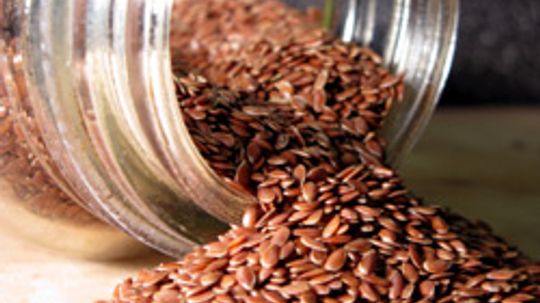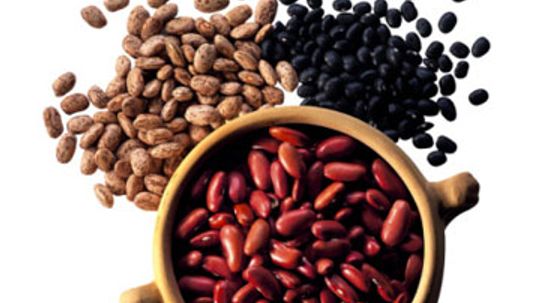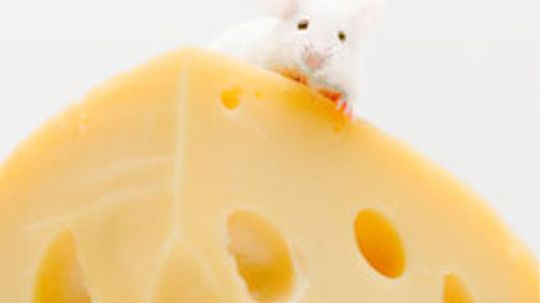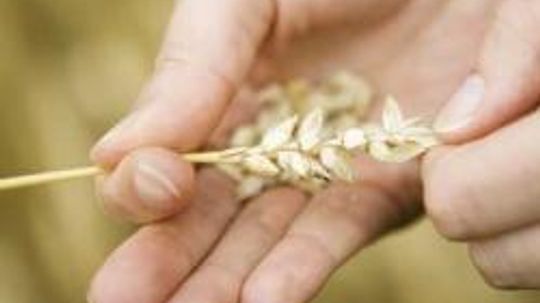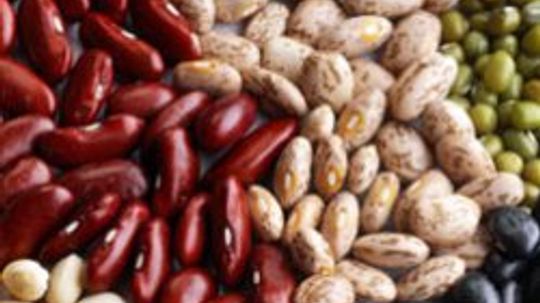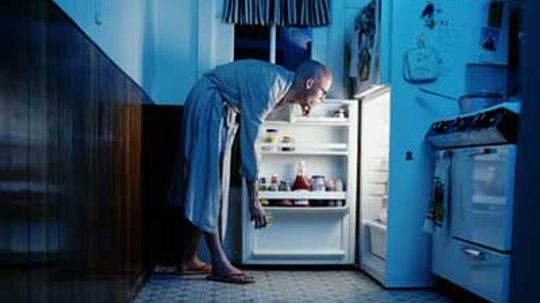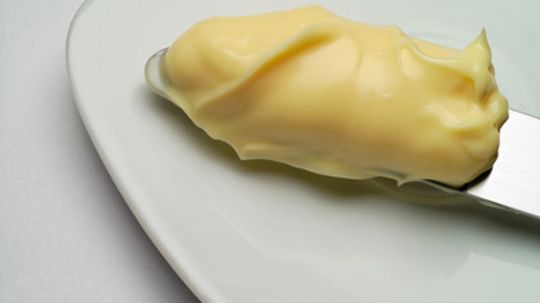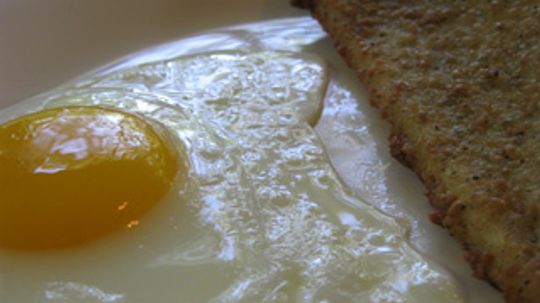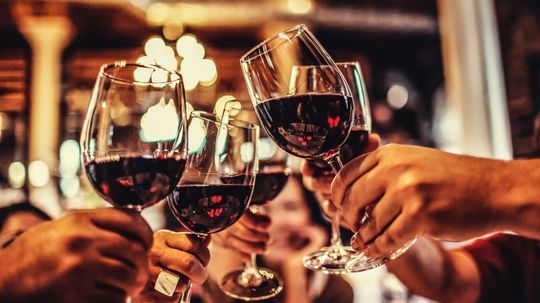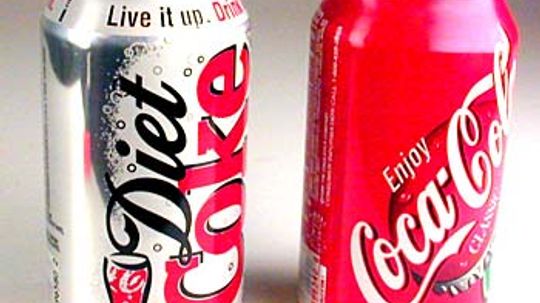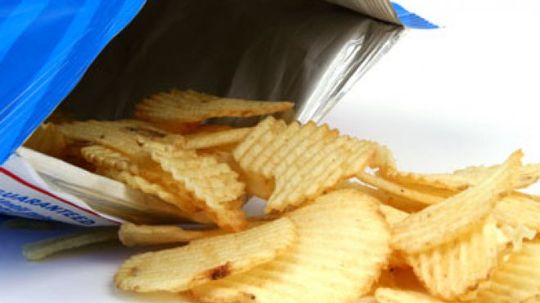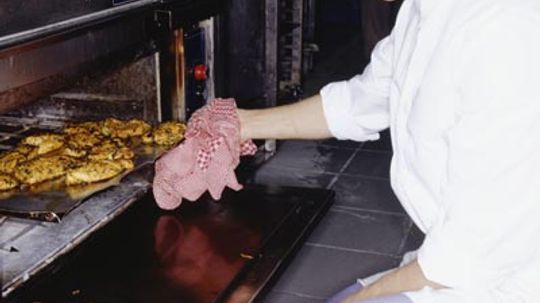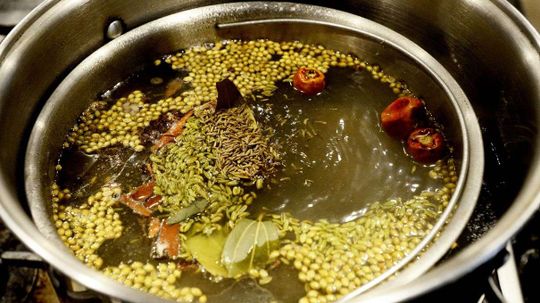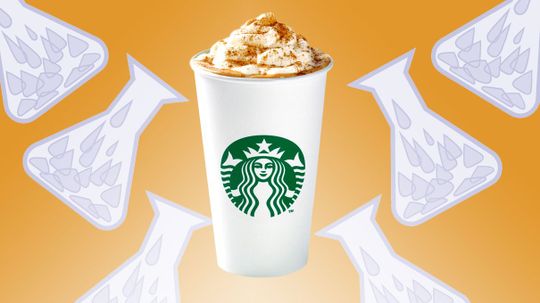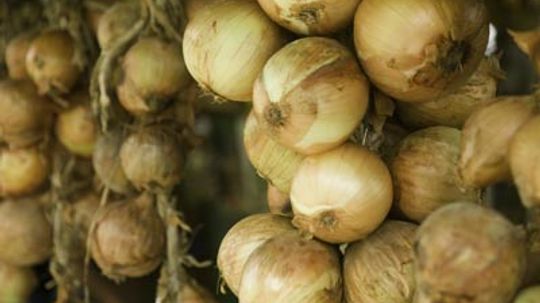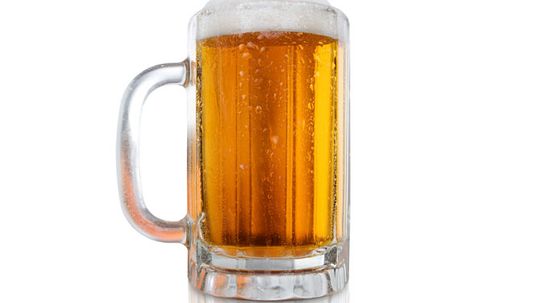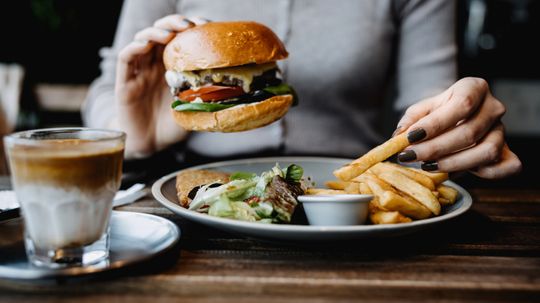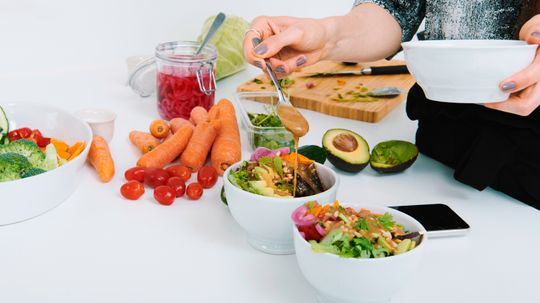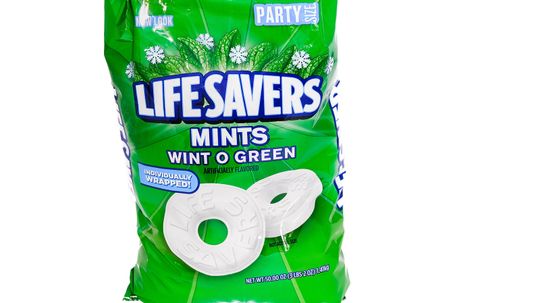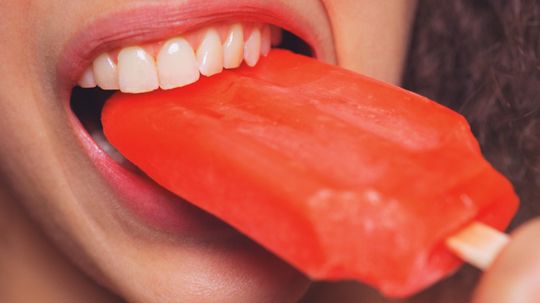Food and Recipes
Here is a place for you to play with your food -- literally: enjoy, have fun with and celebrate food -- but don't worry, we'll still help you get dinner on the table every night.
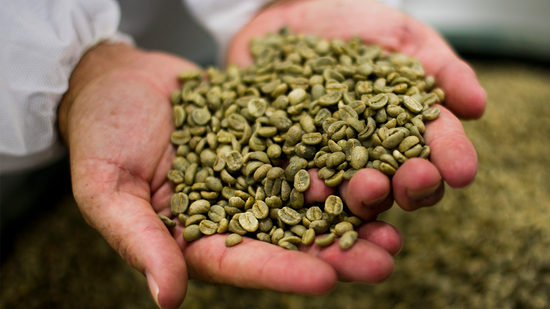
Want a Perfect Cuppa Joe? Roast Your Own Coffee Beans
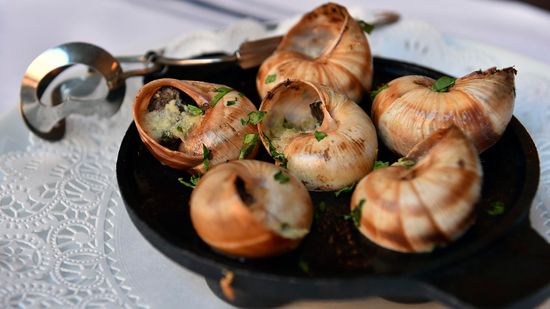
How Escargot Evolved From Snail Snack to Treat for the Elite
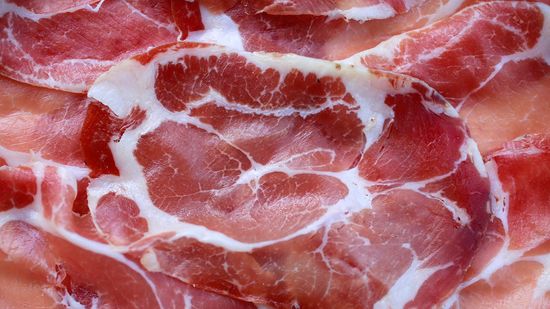
Capicola: The Italian Dried Meat Tony Soprano Called 'Gabagool'
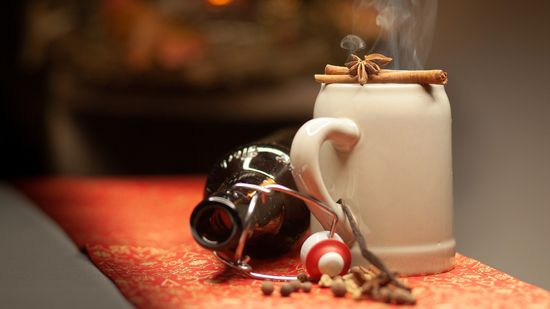
Spread Holiday Cheer With a Good Mulled Beer
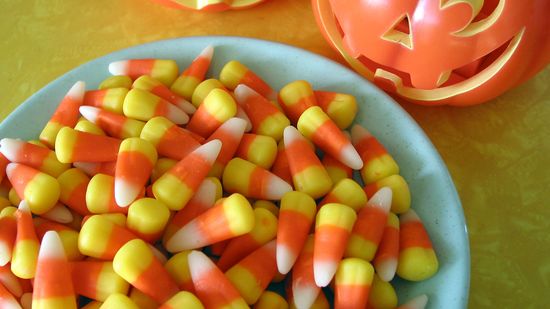
What Is Candy Corn and How Is It Made?

Why Restaurants Are So Loud These Days
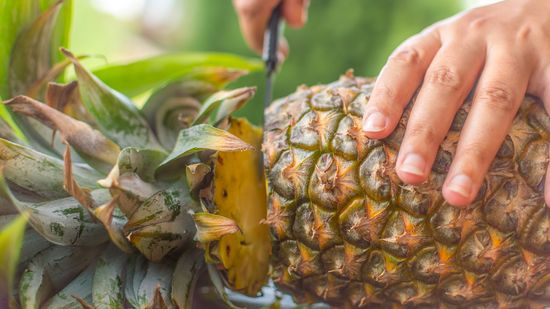
How to Cut a Pineapple in 4 Easy Steps
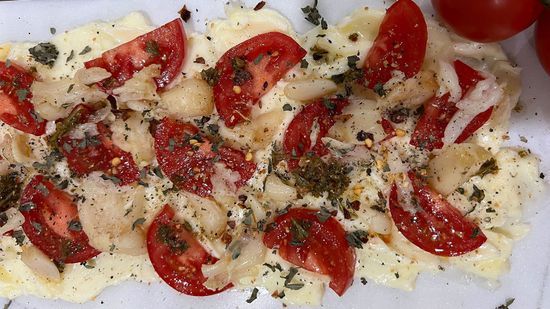
Butter Boards Are Creaming Charcuterie Spreads This Season
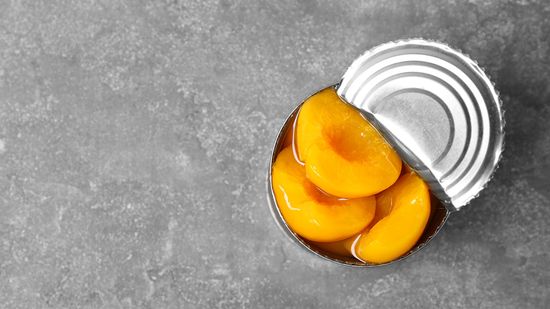
5 Ways to Open a Can Without a Can Opener
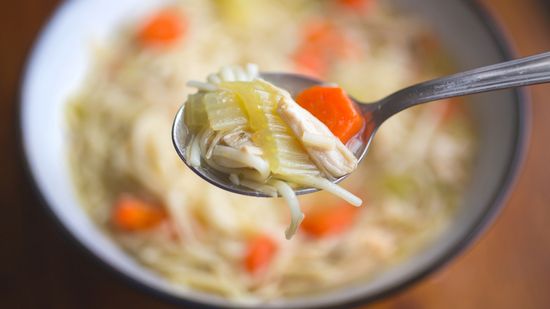
Does Chicken Soup Really Help When You're Sick?
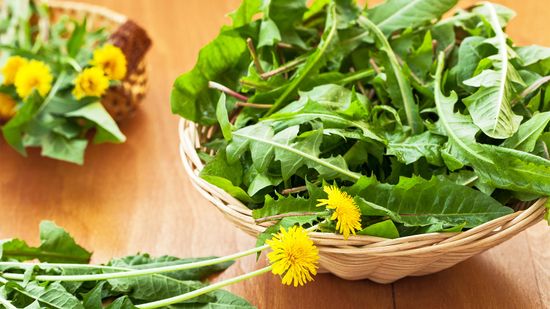
5 Fall Foods You Can Forage in Your Own Neighborhood
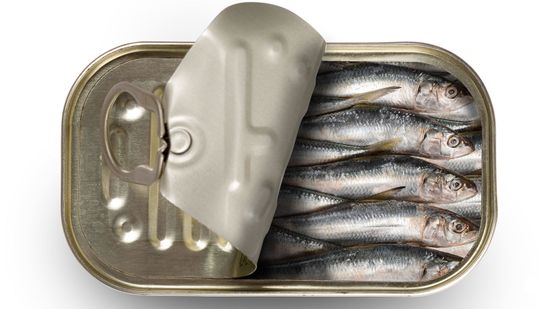
Sardines: The Stinky Little Fish You Should Be Eating
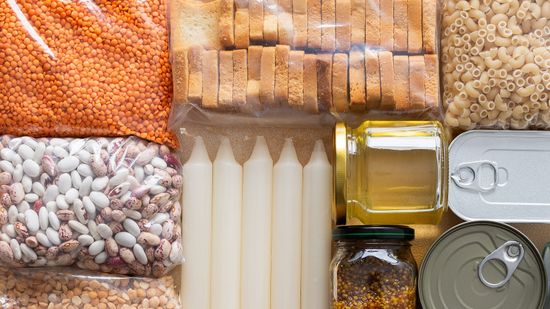
The Longest-lasting Food Items Aren't All Dry Goods
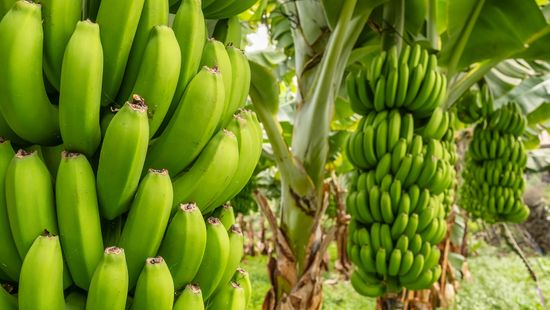
What Is a Group of Bananas Called? A Bunch Isn't What You Think
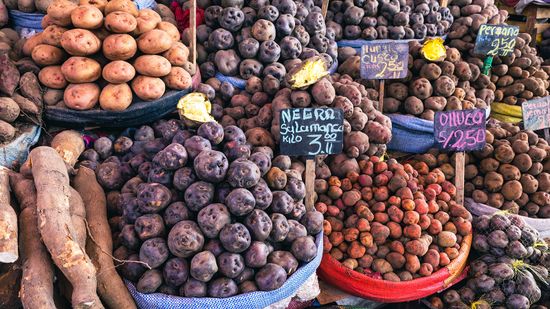
Where Do Potatoes Originate From? Not Ireland
Learn More / Page 43
Nuts may be high in fat, but they contain mostly mono- and polyunsaturated fats, which are heart healthy. Studies have shown that nuts can help lower LDL cholesterol. Learn the health benefits of nuts.
Seeds are an excellent nutrition package filled with minerals, folic acid, and bone-building calcium. It's surprising we eat seeds as an occasional snack instead of a staple of our diet. Learn health benefits of seeds.
Legumes are good sources of high protein and offer health benefits, including lowering heart-disease risk. Eating healthier with legumes can be part of an alternative treatment against illness. Learn the health benefits of legumes.
Advertisement
No matter how it's made, cheese is a concentrated source of many nutrients, including calcium. There are many nutritional ways to add cheese to a healthy diet. Learn the health benefits of cheese.
Grains in your daily diet can make your body stronger and offer another alternative treatment against such illnesses as heart disease, cancer, diabetes, and gastrointestinal troubles. Learn the health benefits of grains.
Dried beans, nuts, and seeds are good sources of protein and offer health benefits, including lowering heart-disease risk. Eating healthy is another alternative treatment against illnesses. Learn health benefits of dried beans, nuts, and seeds.
Vinegar has many jobs to do in the kitchen. It can improve flavor, preserve food, fill in for missing ingredients, and even make food look better. Learn about vinegar's uses in the kitchen.
Advertisement
How much does a person eat in two years? A trip to Mars is supposed to take six months to get there and six months to get back, and with perhaps a year spent on the planet, how much food would the ship have to carry for each person?
I read labels on food packages and always see the number of calories listed. What are calories? How are they measured in food?
The main differences between espresso coffee and drip coffee are the fineness of the grind and the brewing time. Read this article to learn about the differences between drip and espresso coffee.
Mayonnaise is a thick, creamy sauce or dressing that is made of oil, egg yolks, lemon juice or vinegar, and seasonings. It's not the same as salad dressing, which doesn't contain egg yolks and is generally sweeter than mayonnaise.
Advertisement
Eggs are rich in protein, especially the egg whites. It's this protein that causes eggs to become hard when boiled. Learn just how exactly this process happens.
Read this article to find out just how can you make a wine glass sing with video instructions and more.
Ever wondered why people tap on soda cans before opening them? They do this to avoid a soda can explosion, but does it really help or is it a myth?
You know you love the salty goodness of a potato chip, but where did the potato chip come from? Learn the history behind this salty treat.
Advertisement
Self-cleaning ovens use a temperature cycle to burn off spills leftover from baking, without the use of any chemicals. Learn more about self-cleaning ovens and what to use it for.
If you're a clean freak, the thought of a meal cooked on an ongoing basis in a vessel that's never washed may horrify you. But some swear by nosh prepped in perpetuity.
Fall's official beverage, as some call it, is seriously lacking in pumpkin and spices.
By Alia Hoyt
As the saying goes, there's no use crying over spilled milk. But many of us shed tears over onions. What prompts this weird physiological reaction?
Advertisement
How do beermakers know how much alcohol is in the beer? And what is the difference between percent alcohol by volume and by weight?
Olestra is a synthetic fat used in certain food products. Find out what it's made of and whether it's safe for you.
I've enjoyed Thousand Island salad dressing for years, and I've always wondered how it got its name. For that matter, how did ranch dressing get its name? Is French dressing really from France? And what is in those dressings?
Maybe you've tried this game of biting down on a wintergreen candy in the dark and looking in the mirror and seeing a spark. Where do those sparks come from?
Advertisement
Ever wondered why a popsicle is called a quiescently frozen confection"? Confused as to what quiescently frozen confection even means? Find out your answers to these questions.
I love decaffeinated coffee, but I've always wondered how they get the caffeine out of a coffee bean. How are coffee, tea and colas decaffeinated?

